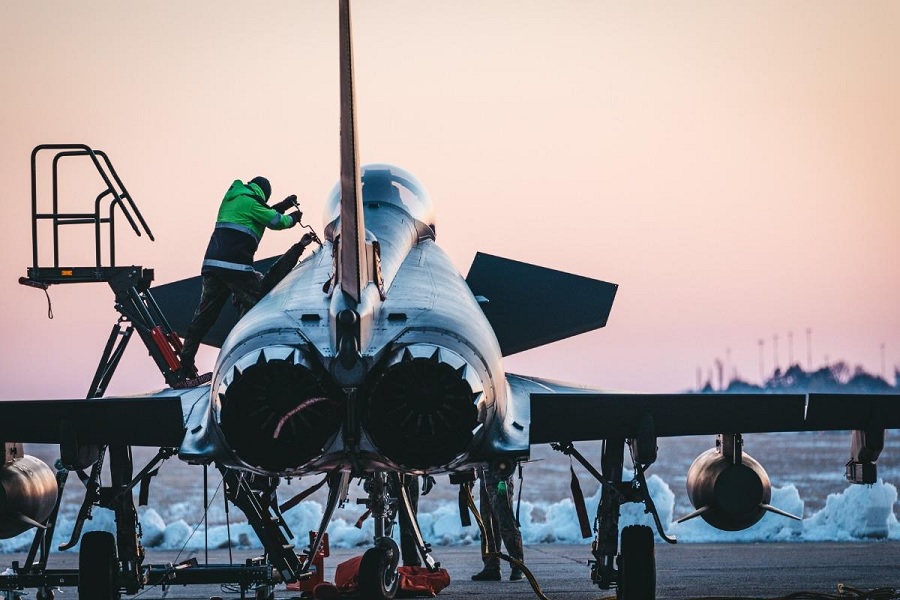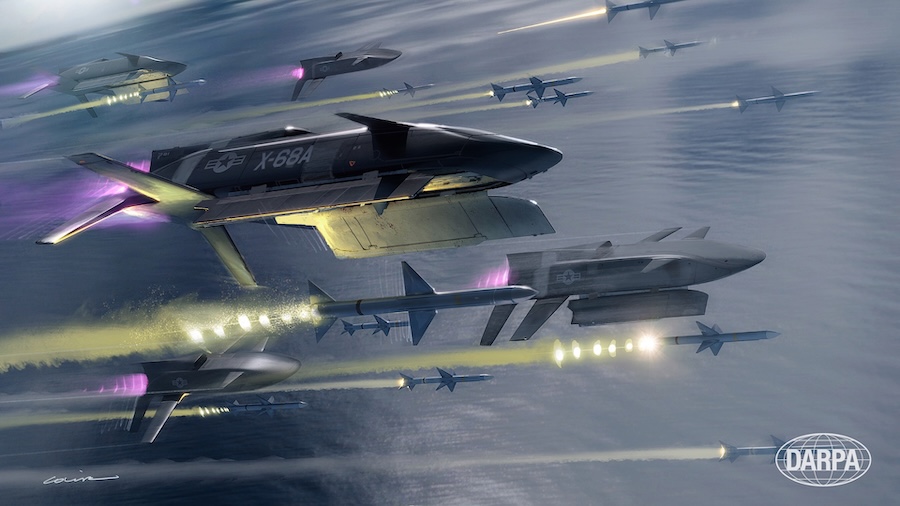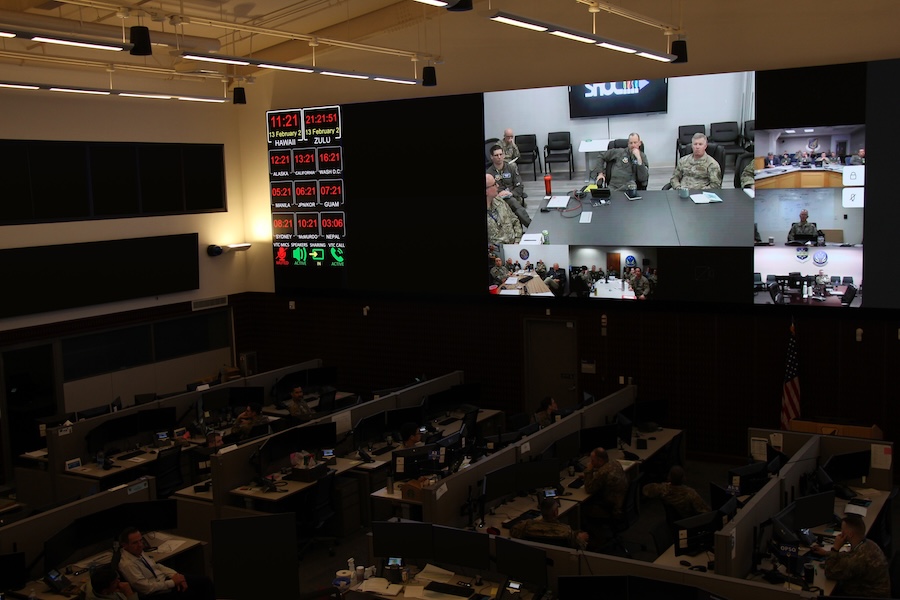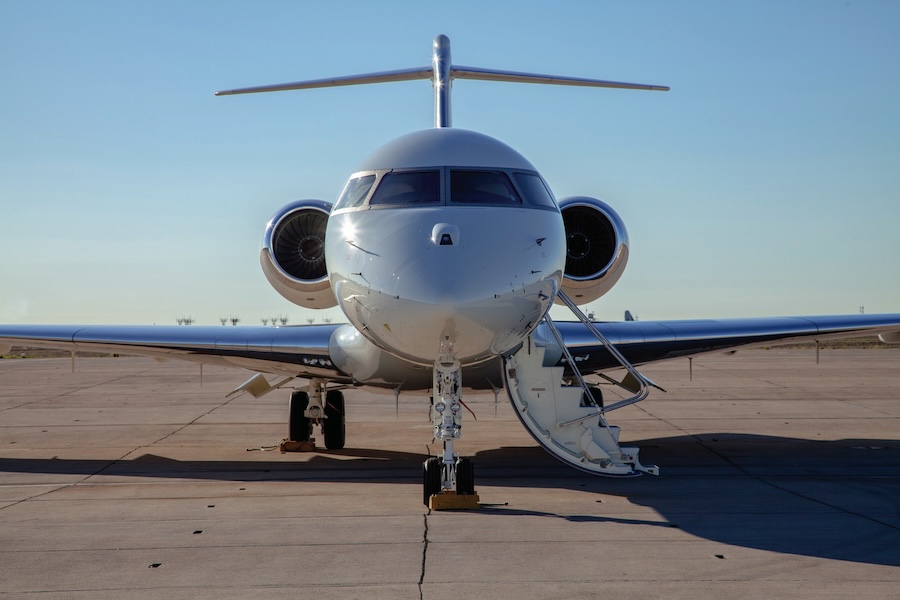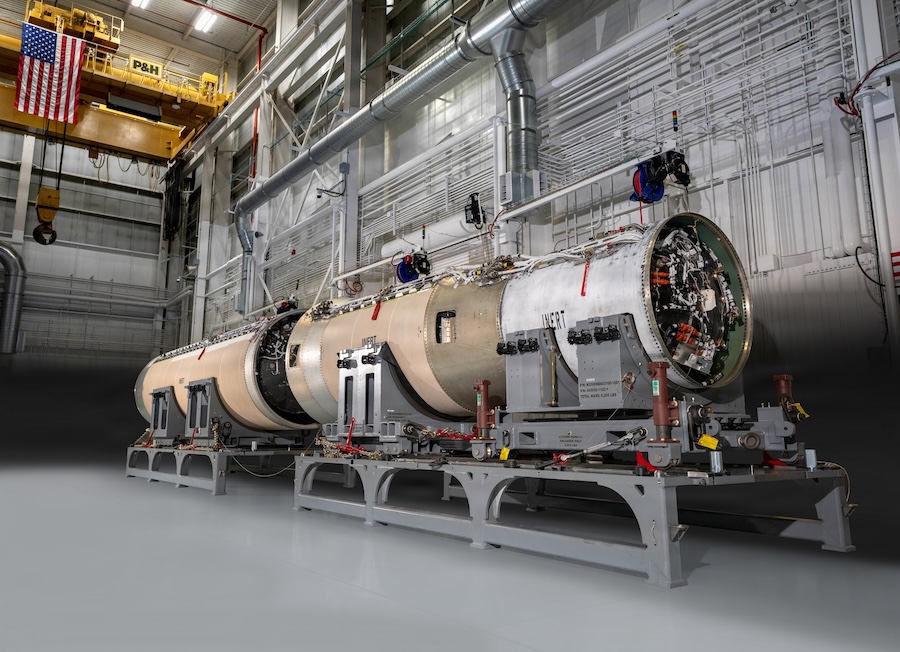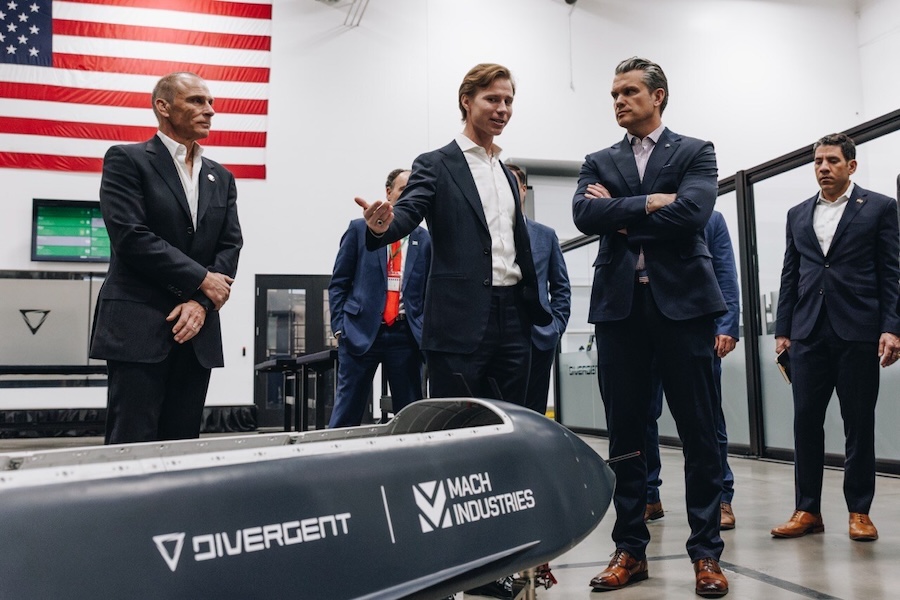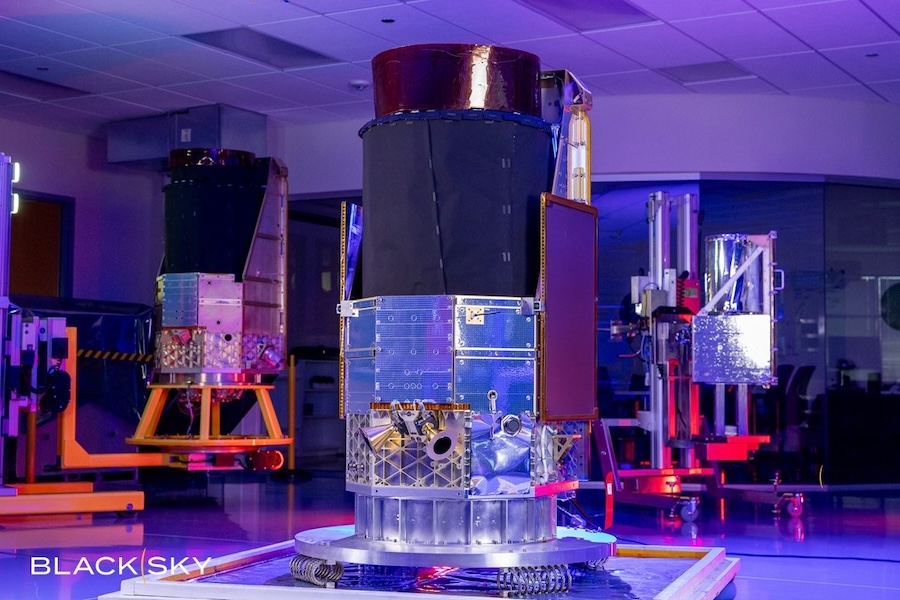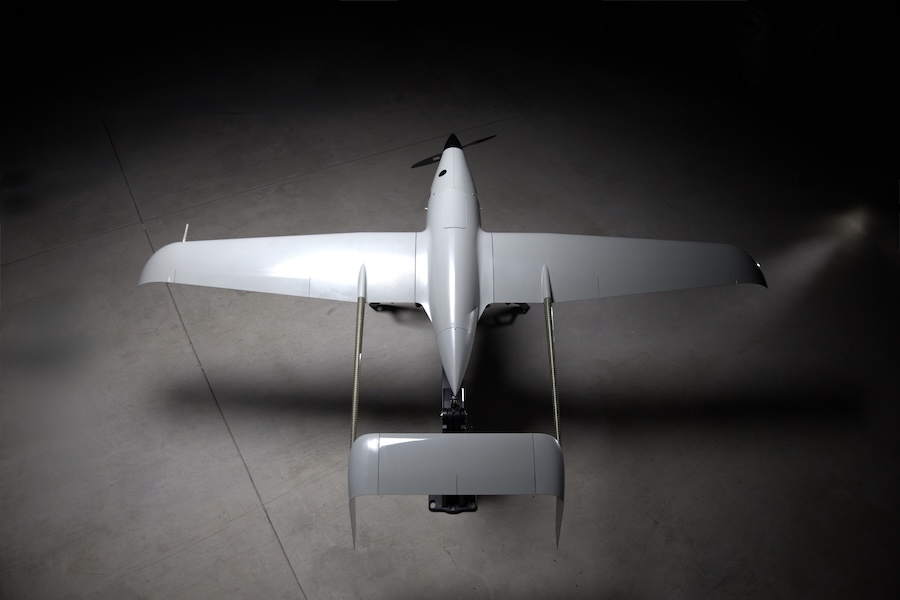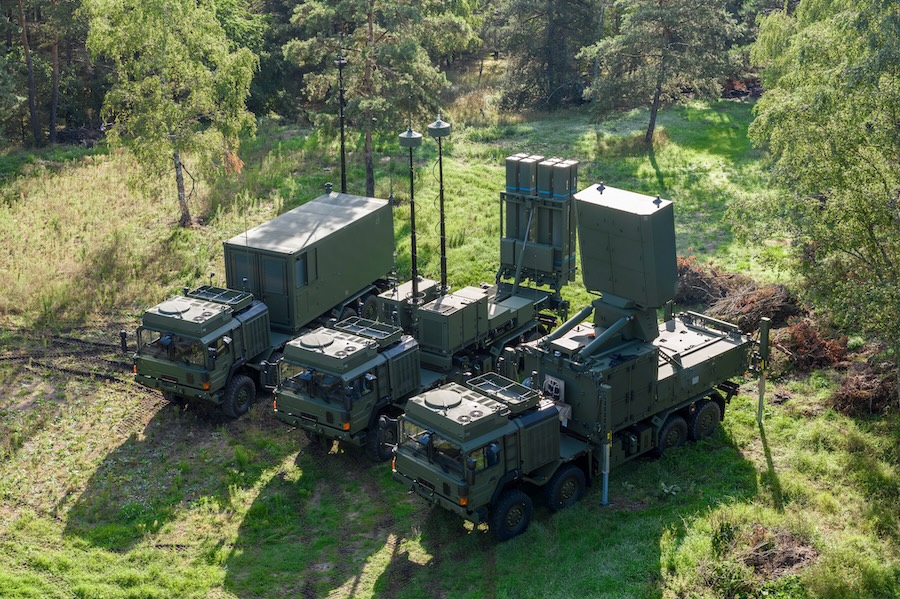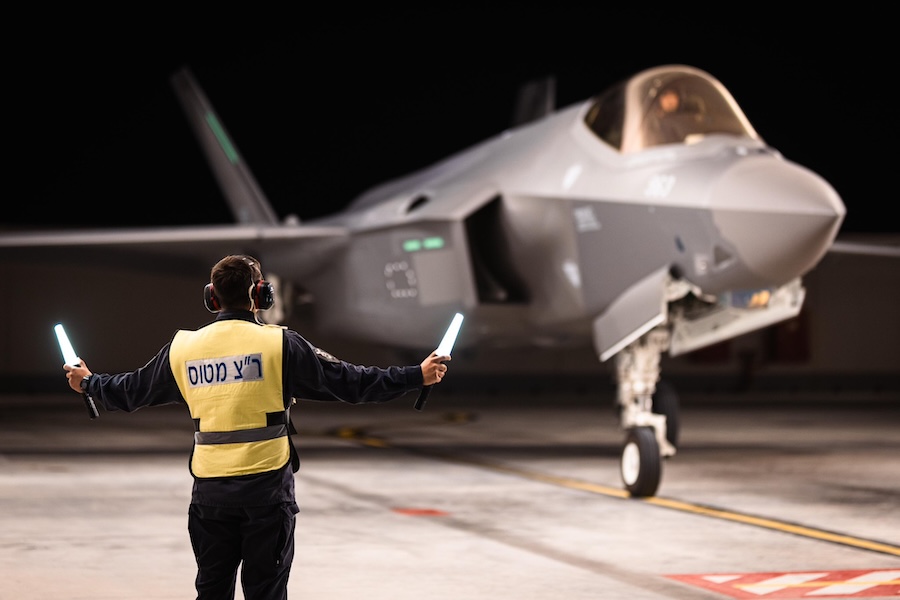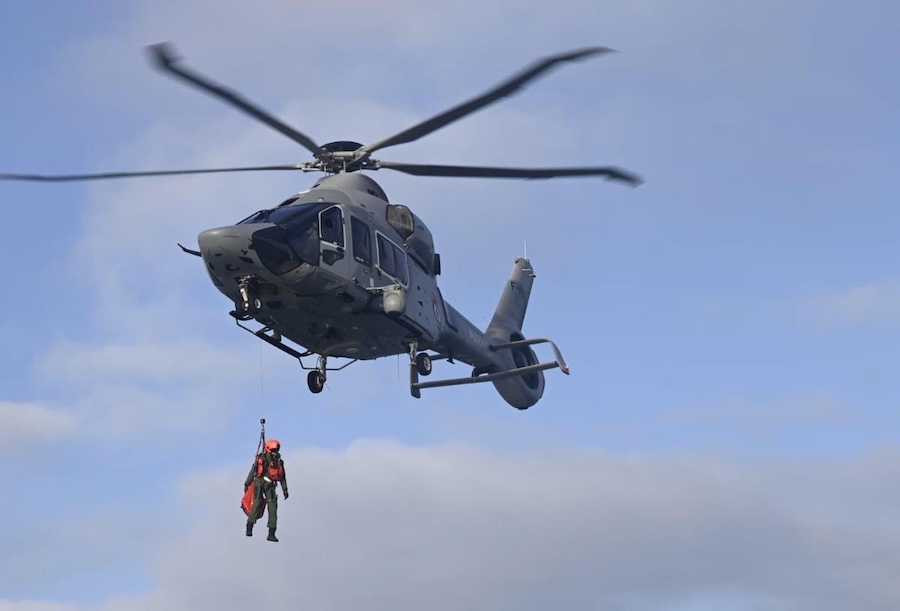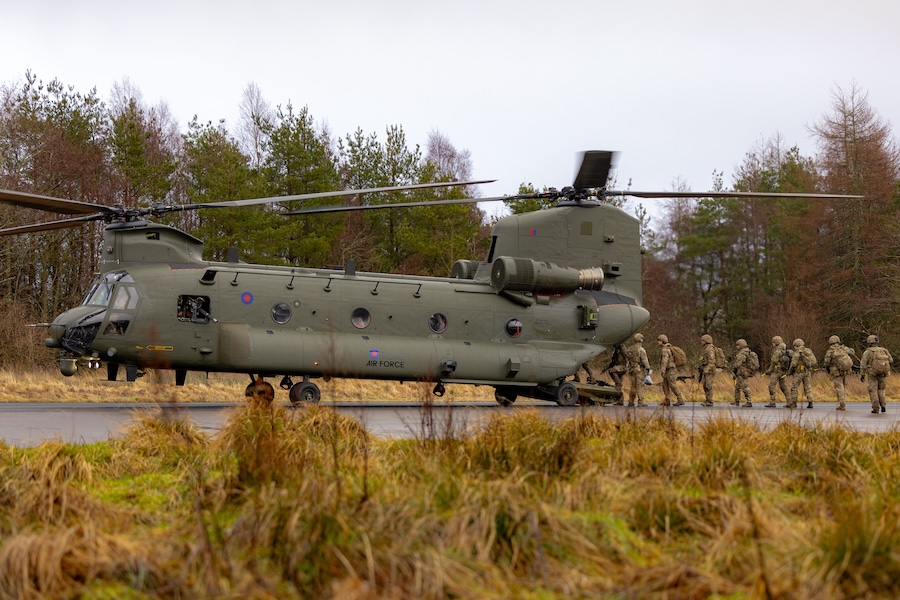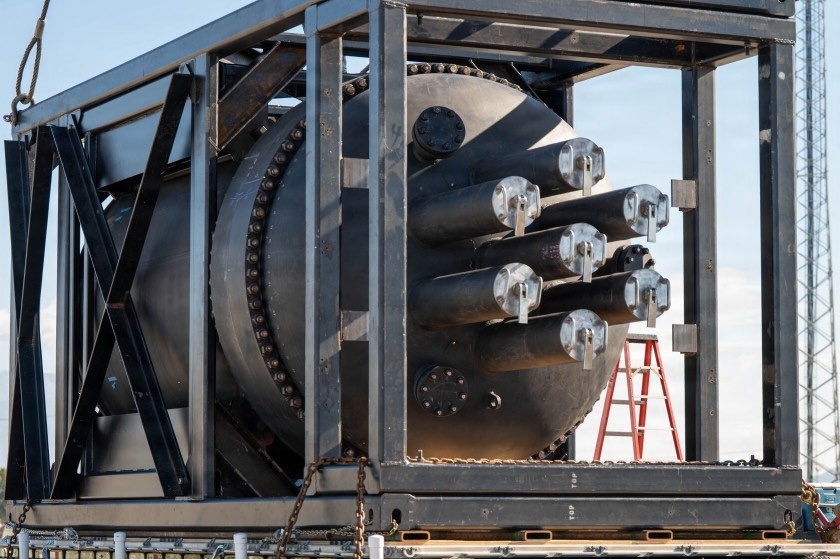According to Bloomberg, these two capabilities have already been identified by Germany as the core components of its planned Eurofighter Typhoon Elektronischer Kampf (EK, electronic combat) variant. The Eurofighter EK is intended to assume the suppression of enemy air defences (SEAD) mission currently carried out by Tornado aircraft.
In March 2022, the German Ministry of Defense told parliament it had selected the F-35A Lightning II as the successor to the Tornado in the nuclear strike mission, under NATO’s nuclear sharing arrangement. The F-35, to be delivered from 2026, will become the Luftwaffe’s designated carrier of the US-made B61 nuclear bombs stored in Germany.
At the same time as the F-35 decision, Berlin announced that 15 Eurofighter Typhoons would be procured in a new electronic combat configuration to carry out SEAD missions. This variant is designed to provide jamming support and neutralise enemy radars, ensuring strike aircraft can operate in contested airspace.
Official statements by the German defence procurement office, Airbus, and Saab have all previously noted that the EK jets will be fitted with the Arexis suite and AARGM missiles, enabling them to conduct SEAD missions for NATO from the 2030s. The documents seen by Bloomberg also cited contributions from Helsing, a Munich-based company that worked with Saab to integrate artificial intelligence into combat aircraft.
Helsing made headlines earlier in 2025 when its AI agent, Centaur, was integrated into a Saab Gripen E fighter in test flights over the Baltic Sea. In those trials, Centaur took partial control of the aircraft in simulated air-to-air combat.
The procurement documents cited by Bloomberg have not been made public, and the German Ministry of Defense has yet to comment on the reported award. Bloomberg added that the Eurofighter EK deal is part of a wider defence procurement package to be presented by Defence Minister Boris Pistorius, with lawmakers set to decide on it in early October 2025.
According to Bloomberg, the reported deal underscores closer defence ties between Germany and Sweden. This comes at a time when Berlin’s collaboration with Paris on the Future Combat Air System (FCAS) has been strained by delays and disagreements over industrial leadership.
Source: Bloomberg.


